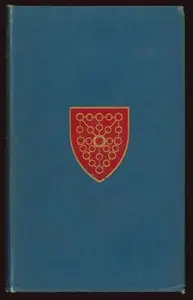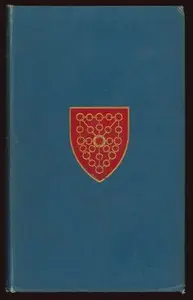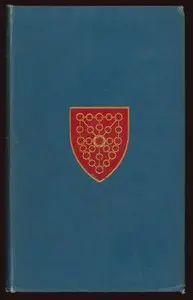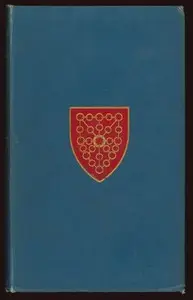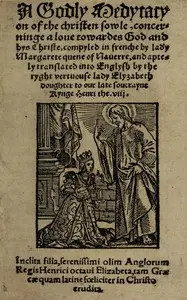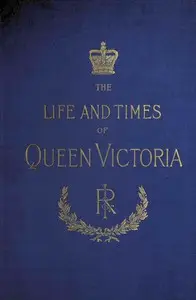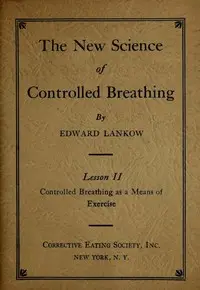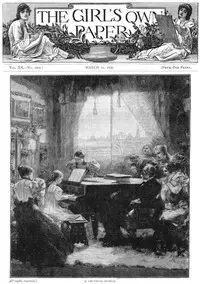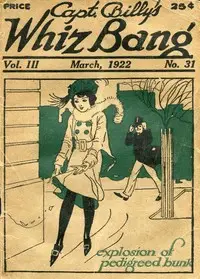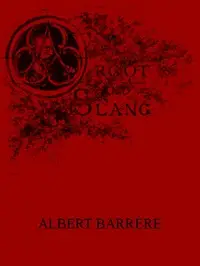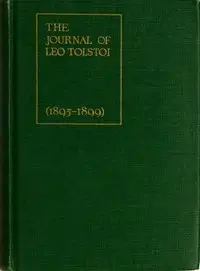"The Tales of the Heptameron, Vol. 4 (of 5)" by Marguerite is a collection of stories written in the 16th century. This volume continues the narrative tradition started in earlier sections, featuring a series of tales that revolve around themes of love, morality, and the complexities of human relationships. The stories often include a mix of humor and tragedy, focusing on various characters from different social strata and their intricate interactions. The opening of this volume sets the stage with a prologue that introduces the gathering of characters who will narrate the tales, highlighting their interests in matters of love and virtue. The first tale presents a chilling account of a wicked friar whose desires lead to tragic consequences, followed by tales that explore themes such as marital fidelity, the dangers of spiritual love, and the tests of patience and wisdom in relationships. The conversations between characters underscore societal norms, the nature of wickedness, and the moral lessons that are drawn from each story, engaging the reader with both narrative depth and rich character dynamics. (This is an automatically generated summary.)
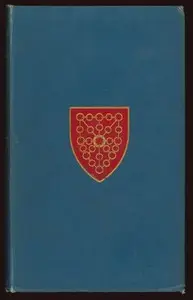
The Tales of the Heptameron, Vol. 4 (of 5)
By Queen Marguerite
Preceded by vol III PG#17703 and followed by vol V PG#17705
Marguerite de Navarre, also known as Marguerite of Angoulême and Margaret of Navarre, was a princess of France, Duchess of Alençon and Berry, and Queen of Navarre by her second marriage to King Henry II of Navarre. Her brother became King of France, as Francis I, and the two siblings were responsible for the celebrated intellectual and cultural court and salons of their day in France. Marguerite is the ancestress of the Bourbon kings of France, being the mother of Jeanne d'Albret, whose son, Henry of Navarre, succeeded as Henry IV of France, the first Bourbon king. As an author and a patron of humanists and reformers, she was an outstanding figure of the French Renaissance. Samuel Putnam called her "The First Modern Woman".

